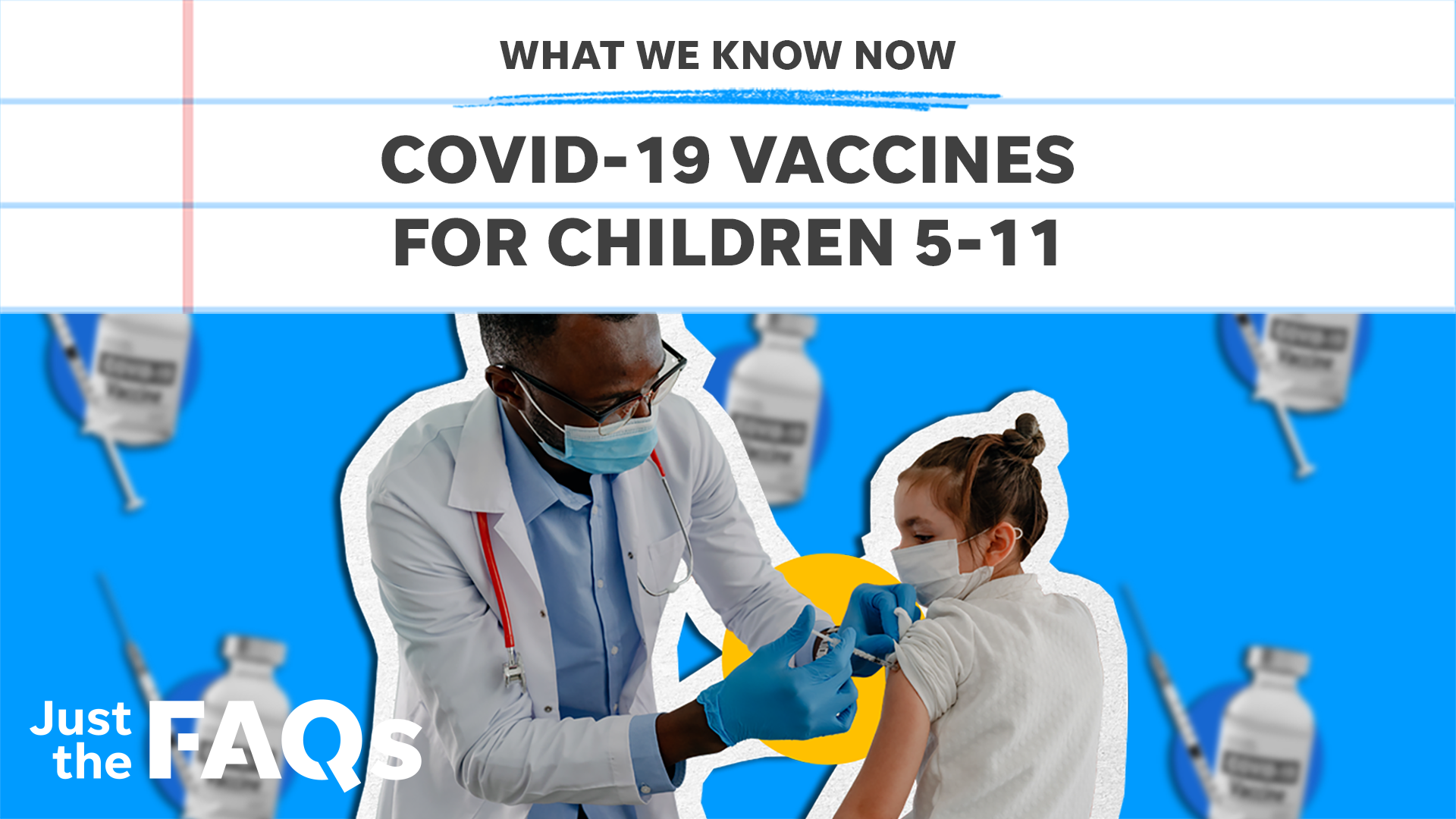Tackling Root Causes: Screening and Addressing Non-Medical Drivers of Health


Dr. Sterling N. Ransone Jr. | Opinion contributor

COVID-19: What to know about vaccines for children 5-11
COVID-19 vaccinations for children ages 5 to 11 have begun across the country. Here's what we know about the risks and side effects.
Just the FAQs, USA TODAY
The United States is preparing to vaccinate approximately 28 million children ages 5 to 11 against COVID-19. And amid a strained public health system, misinformation and vaccine hesitancy, this will be no easy task.
Fortunately, the best resources available to move us toward this goal already exist: our nation's family physicians. As federal, state and local governments prepare for the next phase of the vaccine rollout, it is critical that public health officials and policymakers further engage family physicians and their primary care colleagues to help increase vaccination rates and ultimately stop the spread of COVID-19.
At the crux of family medicine is the trust between a patient and physician – and this includes the children we treat and their families. Patients trust the country's roughly half a million primary care physicians to answer their questions and administer vaccinations to prevent pneumonia, the flu and other infectious diseases. A survey published in June by the Kaiser Family Foundation found that, of people who are taking a "wait and see" approach to the COVID-19 vaccine, 46% were more likely to get vaccinated if the vaccine was offered to them at a place they normally go for health care.
COLUMN: Thousands of kids experienced, saw gun violence last year. How are we dealing with trauma?
In my family practice in Deltaville, Virginia, I routinely care for and vaccinate children, as well as their families, alongside my wife who is a pediatrician. Because of our ongoing, comprehensive relationships with patients and their families, family physicians and pediatricians are well positioned to administer COVID-19 vaccines to children, as well as other routine immunizations, to keep everyone safe and healthy. In fact, more than 80% of family physicians and almost all pediatricians offer flu vaccines for children, according to the Centers for Disease Control and Prevention.
While the federal government has urged states to allocate more vaccines to primary care practices, some physicians report a shortage of the vaccine. But most families are accustomed to getting all childhood vaccines from their local primary care physician.
Following emergency use authorization of the COVID-19 vaccine for children ages 5 to 11, family physicians, along with other primary care physicians, must have direct access to those vaccines. Improving practices' ability to supply vaccines will facilitate easy, equitable access to vaccination for children and families.
I've seen firsthand how both family physicians and pediatricians are uniquely poised to reach the unvaccinated. We help our patients overcome vaccine hesitancy. We help mitigate the spread of misinformation. And we can help determine the need for and timing of additional doses for elderly patients or those with underlying medical conditions.
COLUMN: Double tragedy: Falsely imprisoned, then died of COVID while preaching justice reform
As a family physician in a rural community, I know that while vaccinations are effective and the best strategy for ending the pandemic, they need to be equitable, too. For many patients, including children living in rural or medically underserved areas, access to a vaccine retailer, pharmacy or mass vaccination site might not be available. Receiving immunizations from an office-based, family physician could be the only option.
Here's what I also know: Americans trust their doctors, especially their family physicians, when it comes to making important decisions about their health and the health of their families. If we want to end this pandemic, we must continue to stress the safety and importance of vaccines in an understandable way that addresses individual concerns, stops misinformation and creates a culture of confidence around getting vaccinated.
Family physicians know how to do this, but we can't do it alone. Better coordination of COVID-19 vaccine distribution can reach the unvaccinated, help people overcome vaccine hesitancy and ultimately achieve our shared goal: ending the pandemic.
Sterling N. Ransone Jr. is a family physician and president of the American Academy of Family Physicians.
Comments
Post a Comment